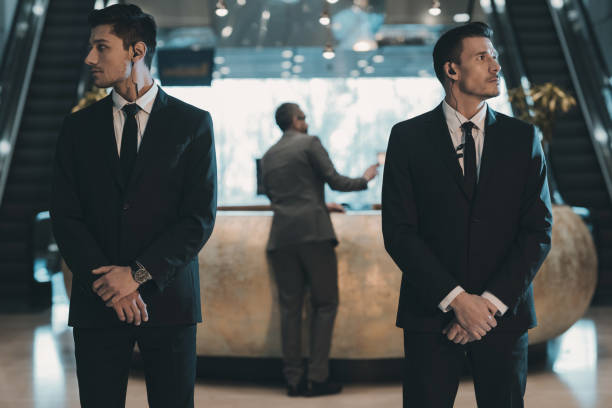Body Guard
A bodyguard is a highly trained security professional who is responsible for the safety and security of an individual or group. Bodyguards may be hired by celebrities, politicians, executives, or other high-profile individuals who require personal protection due to their status, wealth, or occupation.
The primary responsibility of a bodyguard is to protect their client from potential threats, such as physical harm or kidnapping. Bodyguards must be able to quickly identify and respond to potential threats and take appropriate action to protect their client.
In addition to physical protection, bodyguards may also provide security assessments and advice to their clients. They may review their client’s travel itinerary and identify potential security risks, such as unsafe locations or routes. Bodyguards may also provide advice on security measures, such as how to secure a home or office, and recommend appropriate security technologies, such as surveillance cameras or alarm systems.
Bodyguards must have extensive training in areas such as threat assessment, defensive tactics, and emergency response. They must also have excellent communication and interpersonal skills to interact with clients and other members of their security team.
Overall, a bodyguard plays a critical role in ensuring the safety and security of high-profile individuals. By providing personal protection and security advice, bodyguards help their clients navigate potential security risks and protect against potential harm.

